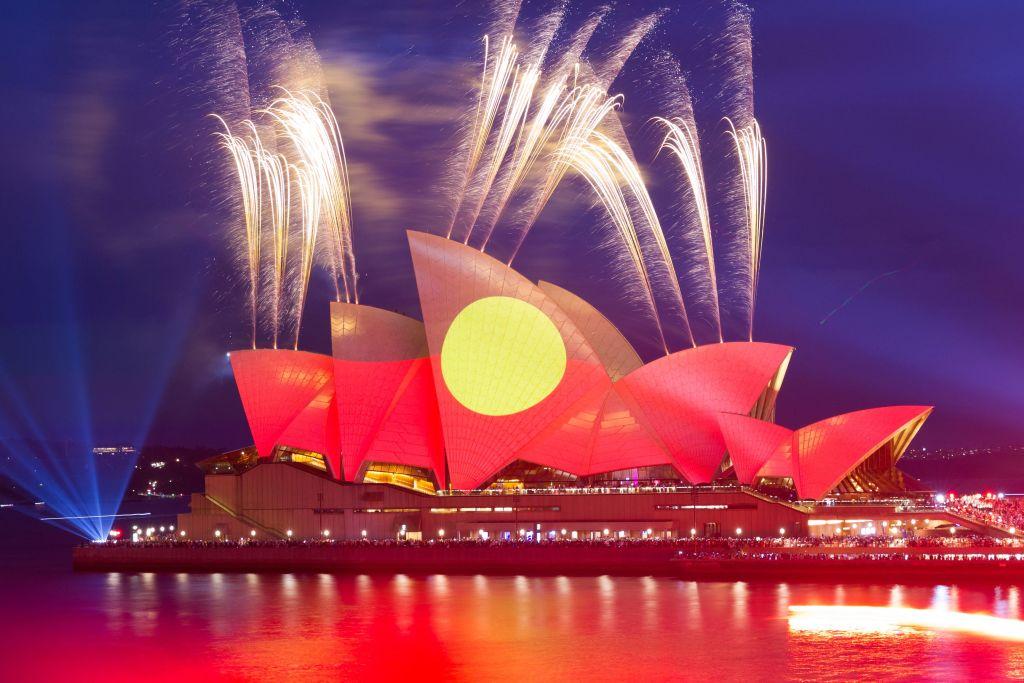While Australian retail giant Woolworths has refused to stock Australia Day-themed items in both its supermarket and Big W department stores, and Aldi pulled its “Australia Day Special Buys catalogue,” the Reject Shop will have a full range on its shelves leading up to Jan. 26.
“A range of Australian-themed merchandise is stocked nationally at The Reject Shop over the summer period, which is popular with our customers in celebration of major sporting events such as cricket and tennis and, for some customers, Australia Day,” a spokesperson said.





